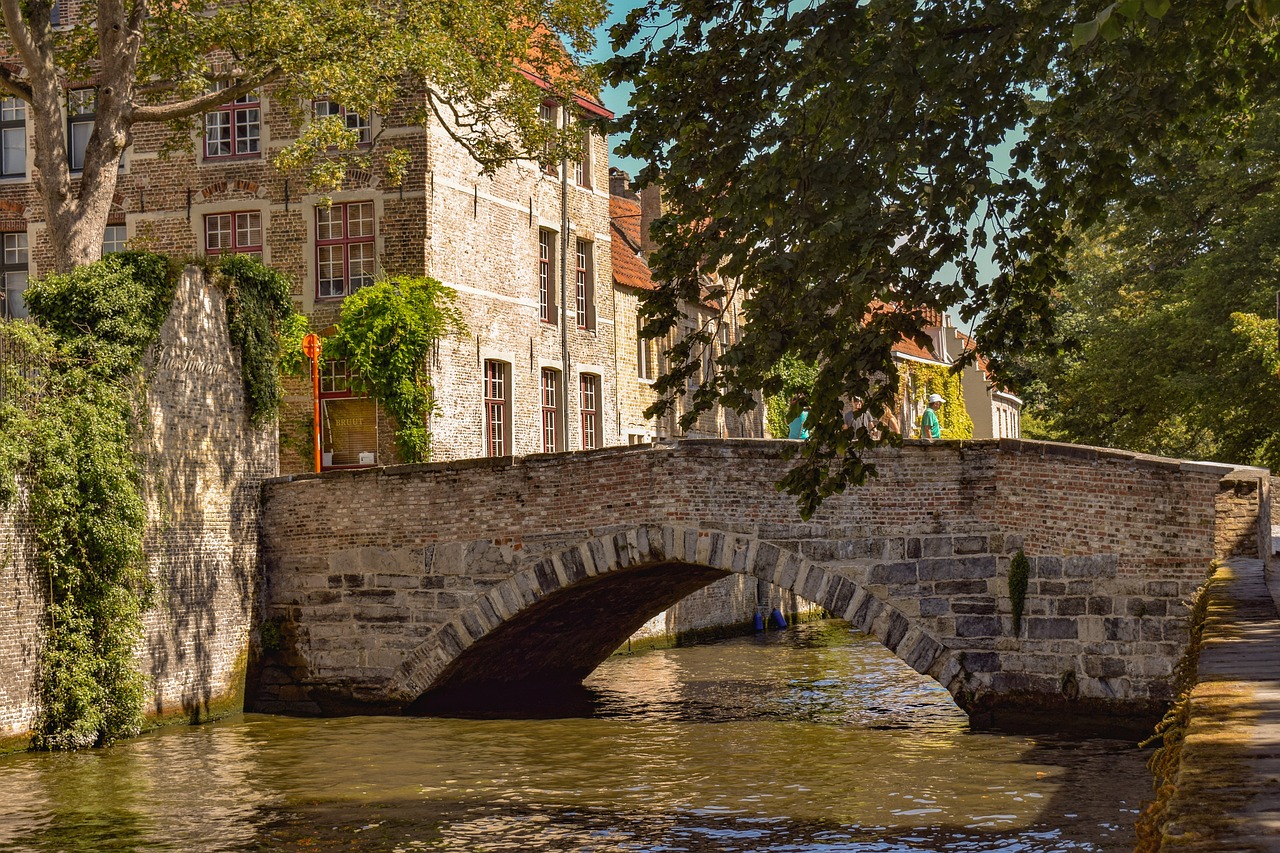Language and Communication: Overcoming Barriers in Belgium
Belgium, a country located in Western Europe, is known for its linguistic diversity. With three official languages, namely Dutch, French, and German, Belgium presents unique challenges and opportunities when it comes to language and communication. In this article, we will explore the barriers faced in language and communication in Belgium and how individuals and organizations work towards overcoming them.
Language Diversity in Belgium
Belgium is renowned for its multilingual society. The country is divided into three regions based on language: Flanders (Dutch-speaking), Wallonia (French-speaking), and the Brussels-Capital Region (bilingual, with both Dutch and French as official languages). German is also recognized as an official language in a small region in the east of the country.
- Dutch: Dutch, also known as Flemish, is the most widely spoken language in Belgium. It is predominantly spoken in Flanders, the northern part of the country.
- French: French is primarily spoken in Wallonia, the southern region of Belgium. It is the second most spoken language in the country.
- German: German is spoken in a small region called the German-speaking Community, located in the east of Belgium. It has a relatively smaller number of speakers compared to Dutch and French.
Challenges in Language and Communication
The linguistic diversity in Belgium poses various challenges in language and communication. These challenges can be observed in different aspects of society, including education, government, and social interactions.
- Educational Challenges: Belgium’s language divide is reflected in its education system. Schools in Flanders primarily teach in Dutch, while schools in Wallonia and the Brussels-Capital Region focus on French. This can create barriers for students who wish to study in a different region or pursue higher education in a language they are less proficient in.
- Government and Administration: The linguistic diversity also impacts the functioning of the Belgian government. Each language community has its own institutions and political parties, leading to separate administrations and policies. Translating and interpreting official documents and legislation between languages can be a complex and time-consuming process.
- Social Interactions: Language barriers can sometimes create challenges in social interactions, especially in regions where the dominant language differs. However, many Belgians are multilingual and can communicate in multiple languages, which helps bridge the gap between communities.
Efforts to Overcome Language Barriers
Despite the challenges, Belgium has implemented various measures to overcome language barriers and promote effective communication among its diverse population.
- Language Education: Bilingual education is encouraged in the Brussels-Capital Region, with schools offering instruction in both Dutch and French. Language courses are also available for adults who wish to improve their language skills.
- Language Exchange Programs: Language exchange programs and initiatives bring together individuals from different language communities, providing opportunities to practice and learn new languages.
- Translation and Interpretation Services: Public institutions, such as government offices and hospitals, often provide translation and interpretation services to ensure effective communication with individuals who are not proficient in the local language.
Belgium Image 1:

Preserving Linguistic Diversity
Belgium takes pride in its linguistic diversity and recognizes the importance of preserving and promoting different languages within its borders.
- Language Protection: The Belgian government provides legal protection for each official language, ensuring their use and visibility in public institutions, media, and cultural events.
- Multilingualism in Education: Efforts are made to promote multilingualism in education, allowing students to learn multiple languages and appreciate different cultures.
- Language Equality: Belgium promotes language equality, ensuring that individuals have the right to be educated and receive services in their preferred language.
Belgium Image 2:

Interregional Cooperation
Belgium recognizes the importance of interregional cooperation to foster understanding and collaboration among its linguistic communities.
- Language Exchange Programs: Language exchange programs and cultural events bring together individuals from different regions, encouraging dialogue and mutual respect.
- Bilingualism in Brussels: As the capital city, Brussels serves as a bilingual hub, where both Dutch and French are widely spoken. The city promotes bilingualism and provides services in both languages.
- Language Equality Policies: Efforts are made to ensure language equality in government services, allowing individuals to communicate and receive assistance in their preferred language, regardless of the region they are in.
Belgium Image 3:

Conclusion
Belgium’s linguistic diversity presents both challenges and opportunities in language and communication. While language barriers can sometimes create difficulties, Belgium has implemented various measures to overcome these challenges. Through language education, exchange programs, and translation services, Belgium strives to promote effective communication and preserve its linguistic diversity. By embracing multilingualism and fostering interregional cooperation, Belgium continues to bridge the gaps between its different language communities.
References
– Encyclopedia Britannica: britannica.com
– Visit Belgium: visitbelgium.com
– Belgian Federal Government: belgium.be

